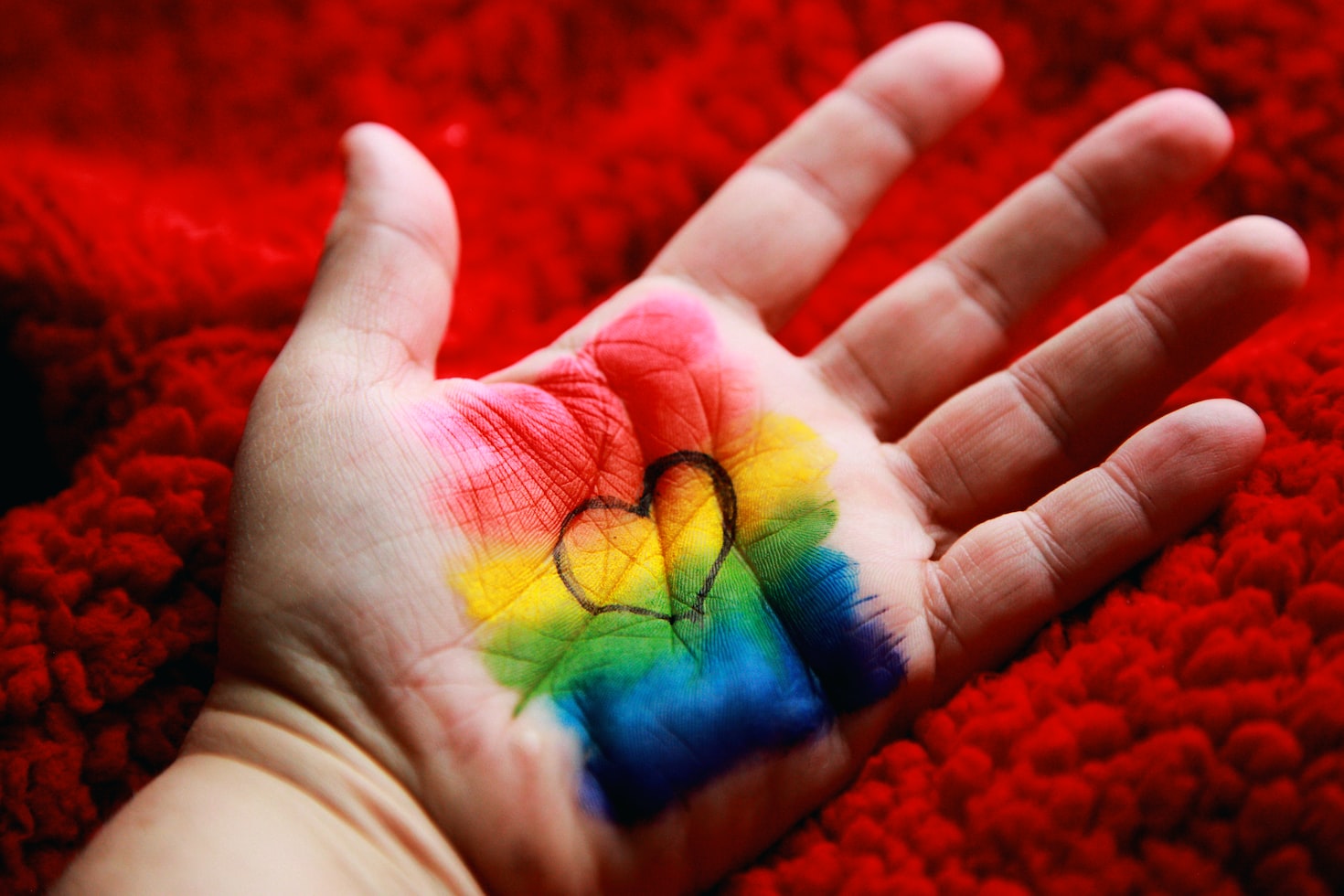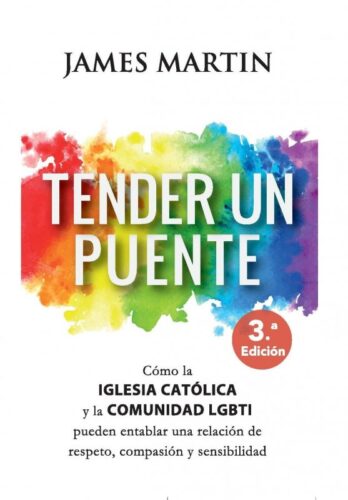Two years ago, I discovered something I did not know— many Christian families have been forced to leave their churches because their children came out as gay or transgender. Through my work with FreedHearts, an LGBTQ-affirming nonprofit that aims to spread a “message of love, inclusion [and] belonging” between LGBTQ people and Christian churches, I have met many families who left their churches because they had to choose between upholding their LGBTQ child’s right-to-life and remaining in their parish.
I am a pediatric therapist and the Catholic parent of adult, neurodiverse children, two of whom identify as LGBTQ. As a professional, I define “neurodiverse” as describing anyone who falls on a behavioral spectrum that doesn’t fit the majority of the general population. For example, approximately one percent of the world population falls on the autism spectrum.
Interestingly, a 2021 study from the University of Cambridge also found that people on the autism spectrum are more likely to identify as LGBTQ. And through my work with FreedHearts, a large ecumenical group, I lead ministry to Catholic families with LGBTQ members to help them survive rejection and come to accept their LGBTQ children.
There is an overlap between the disability world and the LGBTQ community. The transgender experience, for example, is anywhere from three to nine times more prevalent in families with neurodiverse or autistic children, such as in my family. According to The Trevor Project, “the prevalence of autism among individuals with gender dysphoria is estimated” as somewhere between six and 25 percent.
The consensus in the medical community is that the suicide rate for LBGTQ youth is notably higher in certain religious communities than it is in more affirming Christian or secular environments. I now understand this truth after working with these families and living the LBGTQ experience as a parent.
In my work, I have seen some of these families ripped apart by tragedy. LGBTQ teens, young adults (and even their parents) are taking their own lives by suicide after being shamed by others and forced to leave their faith communities. In some cases, they feel forced to leave their home state.
I have worked with neurodiverse children in the disability community for many years. Because of that work, just as I understand that there are variances in neurology, psychology and biology in a certain percentage of the population, I now understand that there are variances in gender and sexuality for certain people.
The LGBTQ identity spectrum is not a disability spectrum, but rather a true spectrum of psychology; it is not a “gay agenda” or a “personal choice, ” as some people claim despite professional medical consensus.
“According to a 2019 study, when one parent fully supports their LGBTQ child, the rate of suicide attempts drop dramatically, by 40 percent.”
According to a 2019 study, when one parent fully supports their LGBTQ child, the rate of suicide attempts drop dramatically, by 40 percent. Any efforts to coerce or change an LBGTQ child’s identity, such as through gay “conversion,” “reparative therapy” or even threats of eternal damnation, cause, the statistics show, lasting psychological damage.
Fully accepting the LBGTQ identity of children can be difficult for some Christian parents, professionals and ministers, in particular, because Christians have to reconcile certain faith issues while unconditionally loving and supporting LBGTQ youth and adults. The lives and health of LGBTQ people depend on at least one adult or parent fully affirming and supporting them along with other professionals and ministers.
That is why, even though there is a theological conflict with my Catholic faith in the area of sexual doctrine, my faith helps me place the sanctity of life, the dignity of the human person and unconditional love above any doctrinal struggles I have. The Hogg Foundation for Mental Health states that every word and action of love, affirmation or acceptance can be the difference life and death for LGBTQ people.
My own children were raised in conservative Christian churches, homes and schools. We are a stable religious household with married parents. Sometimes our family struggled with the church and Christian entities accepting our neurodiverse family, but overall, Christians were more accepting than rejecting.
Rejection negatively affects both neurodiverse and LGBTQ children for their entire lives. Supporting our children and following doctors’ orders over the years have allowed all four of our children to thrive. They are attending law school, applying to pharmacy school, working with vocational licenses, graduating from college and getting married.
“The Hogg Foundation for Mental Health states that every word and action of love, affirmation or acceptance can be the difference between life and death for LGBTQ people.”
This fruit would have been rotten if we had rejected our neurodiverse children. When we look at the consequences of rejecting the neurodiverse and LBGTQ children, we find depression, anxiety, self-hatred, shame, self-harm, substance abuse and separation from God.
But when we teach that God and the church accept these people unconditionally, LGBTQ and neurodiverse people can find peace, joy and wholeness.
LGBTQ youth need unconditional love and support, especially from other Christians and faith leaders. Love and support from other Christians is seen as love and acceptance from God, while Christians rejecting, trying to change or coerce LGBTQ people is seen as rejection and abuse from God. Jesus taught us to defend all those who were in any way marginalized.
If we claim to act in Christ’s name, we need to follow his command to love our neighbor as ourselves. This would mean loving transgender and gender dysphoric youth unconditionally, including using their preferred pronouns. These affirmations help reduce the suicide statistics dramatically.
Overall, the church must move to reconcile with the LGBTQ community and provide safe and affirming pastoral ministry that aligns with current science. Anything else will continue to endanger and disrupt the lives of LGBTQ people and their families.




